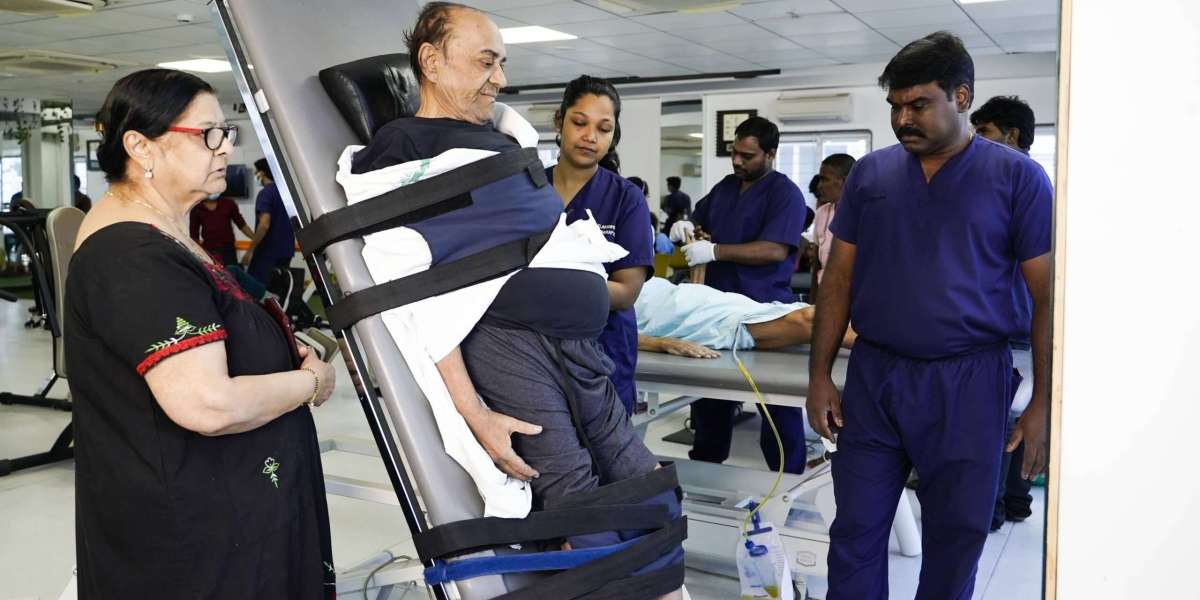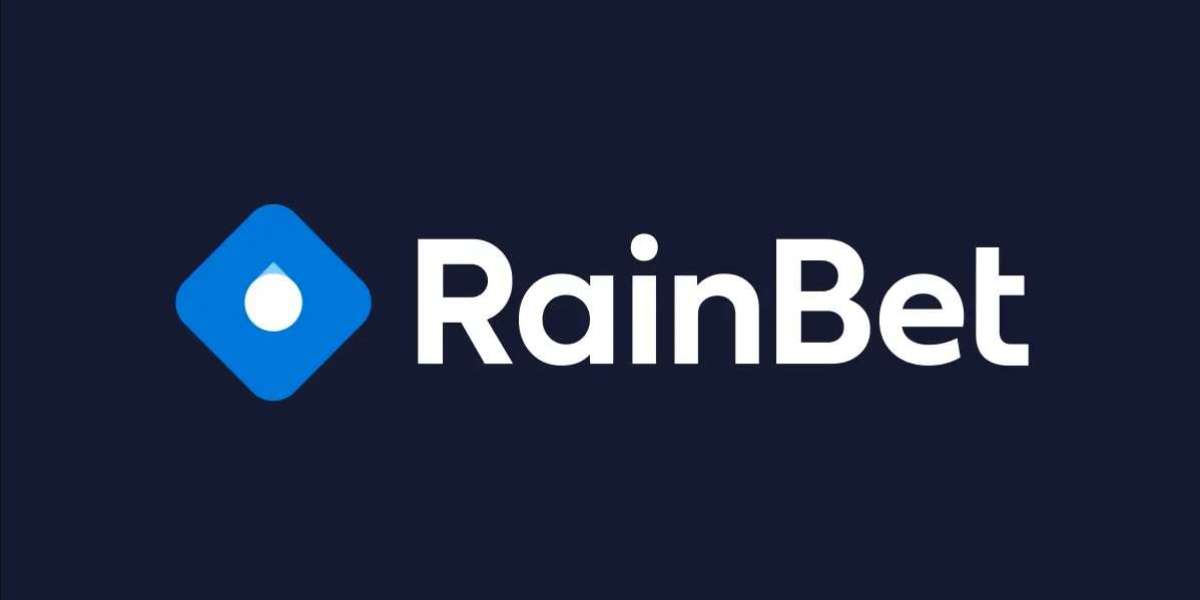Understanding Addiction
Addiction is a complex disease that affects not only the individual but also families and communities. It can manifest through substance use disorders, including alcoholism and drug addiction, or behavioral addictions such as gambling. In New Jersey, the need for effective addiction treatment is pressing, as many residents face the challenges posed by addiction. Fortunately, a range of treatment options are available to help individuals find their way back to health and well-being with addiction treatment new jersey.
Types of Addiction Treatment Programs in New Jersey
New Jersey offers various addiction treatment programs to meet the diverse needs of individuals struggling with addiction. The primary types of treatment include:
Inpatient Treatment: This intensive program requires individuals to reside at a treatment facility for a designated period, usually 30 to 90 days. Inpatient treatment provides 24/7 support, medical supervision, and a structured environment to help individuals focus solely on their recovery.
Outpatient Treatment: Outpatient programs allow individuals to receive care while living at home. This flexible option is suitable for those with milder addictions or those transitioning from inpatient care. Patients attend therapy sessions and support groups while managing daily responsibilities.
Partial Hospitalization Programs (PHP): PHPs offer a higher level of care than traditional outpatient services. Participants attend treatment during the day but return home at night, providing a balance of intensive support and independence.
Support Groups: Peer-led support groups, such as Alcoholics Anonymous (AA) and Narcotics Anonymous (NA), play a crucial role in the recovery process. These groups foster community, understanding, and accountability among individuals who share similar struggles.
Holistic and Alternative Therapies: Many treatment centers in New Jersey incorporate holistic approaches, including yoga, meditation, art therapy, and nutritional counseling. These complementary therapies promote overall wellness and help individuals address the physical, emotional, and spiritual aspects of addiction.
The Treatment Process
The journey through addiction treatment typically involves several key steps:
Assessment: Upon entering a treatment program, individuals undergo a comprehensive assessment to evaluate their specific needs, addiction severity, and any co-occurring mental health disorders. This evaluation is essential for developing a personalized treatment plan.
Detoxification: For many, detox is the first step in the recovery process. Medical professionals oversee this stage to manage withdrawal symptoms safely and provide support. Detox duration and intensity depend on the substances involved and the individual’s history.
Therapy and Counseling: Once detox is complete, individuals engage in various therapeutic approaches, including individual counseling, group therapy, and family therapy. Evidence-based treatments, such as Cognitive Behavioral Therapy (CBT) and Motivational Interviewing (MI), are commonly used to address the root causes of addiction and develop coping strategies.
Aftercare Planning: A critical component of successful recovery is the development of an aftercare plan. This may include ongoing therapy, support group participation, and resources for sober living. A solid aftercare plan helps individuals maintain their sobriety and navigate potential challenges post-treatment.
Choosing the Right Addiction Treatment Facility in New Jersey
When selecting an addiction treatment facility, consider the following factors:
Accreditation and Licensing: Ensure the facility is accredited by relevant organizations, which indicates a commitment to quality care.
Specialization: Some facilities may focus on specific populations or treatment methodologies. Research programs to find one that aligns with your needs.
Location: Determine whether you prefer a facility close to home for family support or a distant location for a change of environment.
Insurance Coverage: Check with your insurance provider to understand what treatment options are covered to minimize out-of-pocket expenses.
Success Stories and Community Support
Many individuals have successfully navigated their recovery journeys through New Jersey's addiction treatment programs. Support from trained professionals, family, and peers plays a vital role in this process. Ongoing participation in support groups can significantly enhance the chances of long-term recovery.
Conclusion
Addiction treatment in New Jersey offers a variety of effective options for individuals seeking to overcome substance use disorders and other addictions. With a focus on comprehensive care, medical support, and therapeutic intervention, these programs provide the tools necessary for lasting change. If you or someone you know is struggling with addiction, reaching out for help can be the first step toward a healthier, sober future. Remember, recovery is a journey, and support is available every step of the way.







